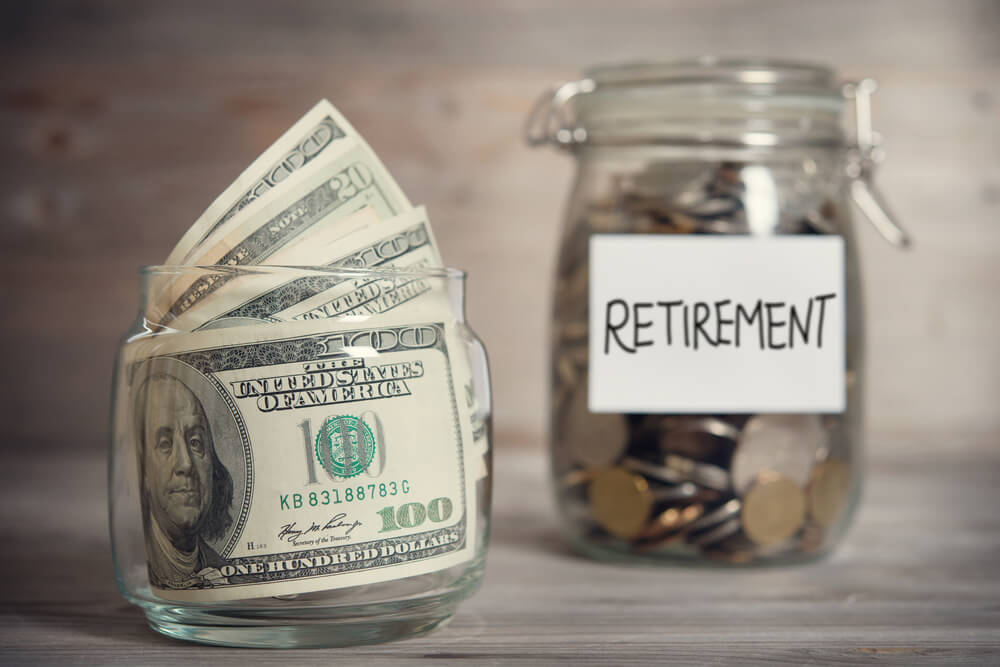You’ve worked for years to build up that nest egg so you can live comfortably in retirement, which begs the question: How do your retirement savings stack up to others in your same age group?
Actively saving for retirement by owning an IRA or 401(k) account means you probably have a leg up on most Americans. According to data from Fidelity Investments, savers who owned one or both of the accounts above had an average of $215,400 as of Sept. 30, 2019.
The scary thing is, that’s way higher than what some other studies have found. A 2019 study from Northwestern Mutual found that 15% of Americans surveyed had a big goose egg saved for retirement.
Assuming you have been an active saver, let’s take a closer look at how your retirement savings compare to others within your age bracket.
Retirement Savings by Generation
The silent generation (born 1925-1942 defined by Fidelity) have managed to do pretty well for themselves going by the Fidelity data. Despite spending in retirement and giving some away to younger relatives or charity, the average saver of the generation still has $403,500 in their 401(k)s and IRAs.
Baby boomers (born 1946-1964) aren’t far behind with $357,500 in those accounts.
When looking at younger generations, the averages go down, which makes sense. The youngest age group, Generation Z (born 1997-2012) had $5,400 in active savings accounts, while Millennials (born 1981-1996) managed to put away $43,800 on average. The next age group up, Generation X (born 1965-1980), had $174,800 saved on average.
To find the data, Fidelity looked at a snapshot of account balances from accounts under their control from Sept. 30, 2019 and 10 years earlier, even if they were not continuously owned.
Retirement Savings in IRAs
When looking at IRAs alone, the data showed a steady increase from the youngest to oldest generation. There is a fairly significant jump from Generation X to the Baby boomer generation, though:
- Generation Z — $3,500
- Millennials — $14,400
- Generation X — $58,400
- Baby boomers — $159,100
- Silent generation — $218,500
How Retirement Savings Have Grown in the Last 10 Years
The last 10 years have seen the combined retirement savings balances increase dramatically, with younger generations seeing the biggest boost.
From the end of the third quarter in 2009 through the third quarter of 2019, Millennials’ accounts managed an impressive 256% increase, while Generation X saw 224% gains.
Boomers in the same time frame saw balances increase 146%. The silent generation’s accounts rose 77%, and that’s even with the increased activity of that generation actively withdrawing more over the last decade in retirement.
Altogether, 401(k) accounts and IRAs together saw a 79% balance increase since 2009.
Some Tips to Boost Your Retirement Savings
Fidelity Vice President of Thought Leadership Katie Taylor told Investor’s Business Daily that many companies have auto-enrollment, so it’s super easy. Just make sure you don’t opt out, Taylor warns.
She also recommends opening an IRA which is easy to do online through your computer, or even your smartphone.
“It’s another way to save and let your savings grow tax-deferred,” Taylor said.
When it comes to how much to save, Taylor suggests to “save as close to 15% of your pay as you can.”
Employer match on 401(k)s is a great opportunity for what almost amounts to a pay raise. The more you put into the account, the more your company will match up to a certain level.
“Save at least enough to qualify for the maximum company match,” Taylor said. “Don’t leave free money on the table.”
There are also retirement savings aids that gives you a right to higher contributions if you are age 50 or older, so you can try to catch up if you’ve fallen behind.
Boosting your retirement savings can be a boon leading into your golden years, and every little bit can mean more peace of mind down the road. And focusing more on saving for retirement can mean having to rely less on benefits programs like Social Security.
